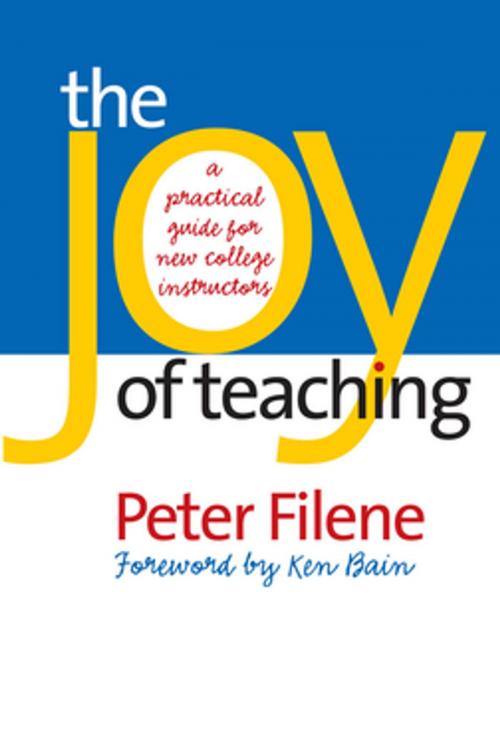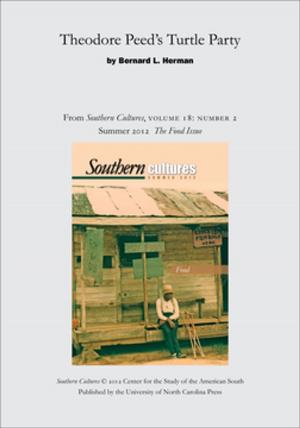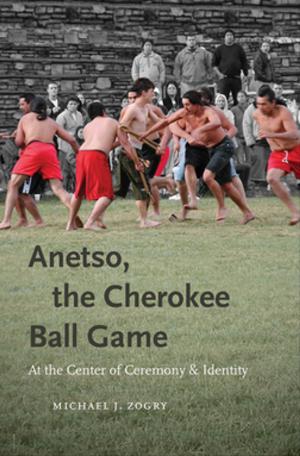The Joy of Teaching
A Practical Guide for New College Instructors
Nonfiction, Reference & Language, Education & Teaching, Higher Education, Teaching, Teaching Methods| Author: | Peter Filene | ISBN: | 9780807887639 |
| Publisher: | The University of North Carolina Press | Publication: | November 13, 2009 |
| Imprint: | The University of North Carolina Press | Language: | English |
| Author: | Peter Filene |
| ISBN: | 9780807887639 |
| Publisher: | The University of North Carolina Press |
| Publication: | November 13, 2009 |
| Imprint: | The University of North Carolina Press |
| Language: | English |
Gathering concepts and techniques borrowed from outstanding college professors, The Joy of Teaching provides helpful guidance for new instructors developing and teaching their first college courses.
Award-winning professor Peter Filene proposes that teaching should not be like a baseball game in which the instructor pitches ideas to students to see whether they hit or strike out. Ideally, he says, teaching should resemble a game of Frisbee in which the teacher invites students to catch ideas and pass them on.
Rather than prescribe any single model for success, Filene lays out the advantages and disadvantages of various pedagogical strategies, inviting new teachers to make choices based on their own personalities, values, and goals. Filene tackles everything from syllabus writing and lecture planning to class discussions, grading, and teacher-student interactions outside the classroom. The book's down-to-earth, accessible style makes it appropriate for new teachers in all fields. Instructors in the humanities, the social sciences, and the natural sciences will all welcome its invaluable tips for successful teaching and learning.
Gathering concepts and techniques borrowed from outstanding college professors, The Joy of Teaching provides helpful guidance for new instructors developing and teaching their first college courses.
Award-winning professor Peter Filene proposes that teaching should not be like a baseball game in which the instructor pitches ideas to students to see whether they hit or strike out. Ideally, he says, teaching should resemble a game of Frisbee in which the teacher invites students to catch ideas and pass them on.
Rather than prescribe any single model for success, Filene lays out the advantages and disadvantages of various pedagogical strategies, inviting new teachers to make choices based on their own personalities, values, and goals. Filene tackles everything from syllabus writing and lecture planning to class discussions, grading, and teacher-student interactions outside the classroom. The book's down-to-earth, accessible style makes it appropriate for new teachers in all fields. Instructors in the humanities, the social sciences, and the natural sciences will all welcome its invaluable tips for successful teaching and learning.















